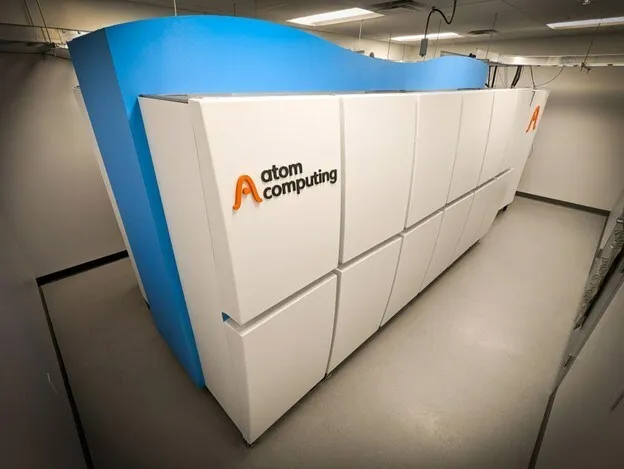Atom Computing’s record-breaking quantum computer built in Boulder

BOULDER — The first commercial quantum computer to exceed 1,000 qubits was built in Boulder.
California-headquartered Atom Computing Inc., which opened a Boulder research and development center last year, says it has developed a 1,225-site atomic array populated with 1,180 qubits in its next-generation quantum computing platform that will be released in 2024.
The achievement “marks an industry milestone toward fault-tolerant quantum computers capable of solving large-scale problems,” Atom said in a news release Wednesday.
Quantum theory attempts to explain the behavior of matter at atomic and subatomic levels. Applications of quantum science could revolutionize the way humans discover new drug…
THIS ARTICLE IS FOR SUBSCRIBERS ONLY
Continue reading for less than $3 per week!
Get a month of award-winning local business news, trends and insights
Access award-winning content today!





